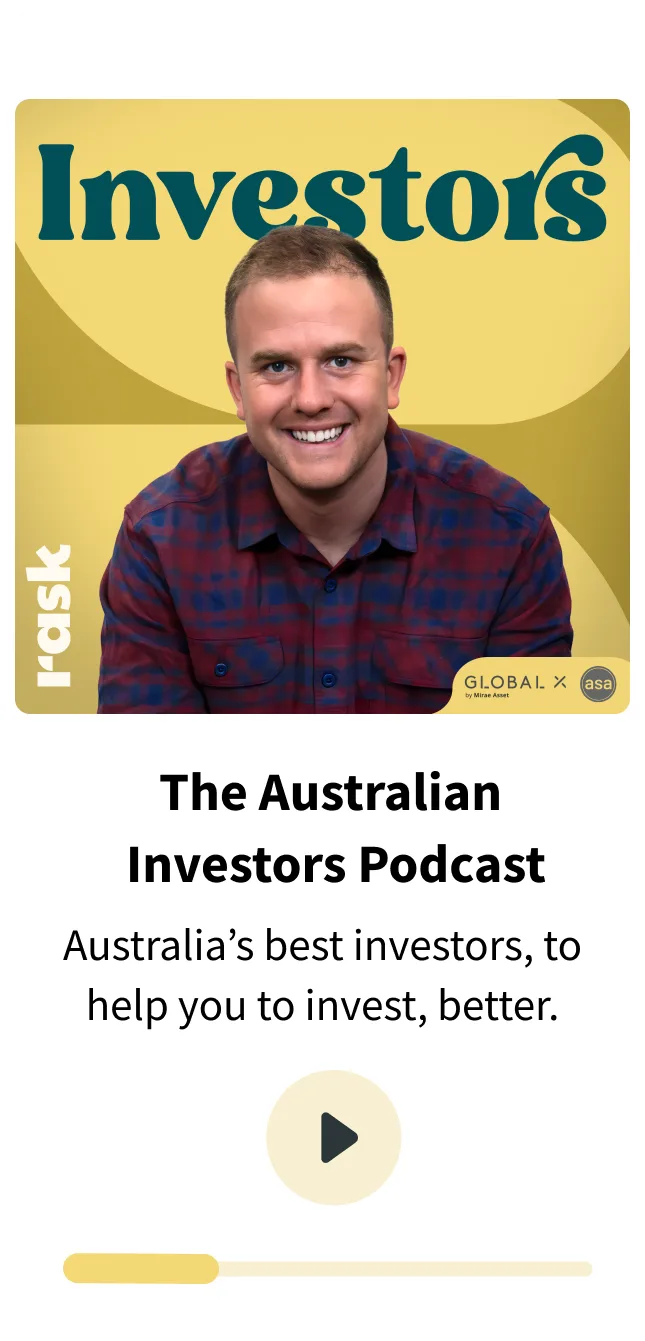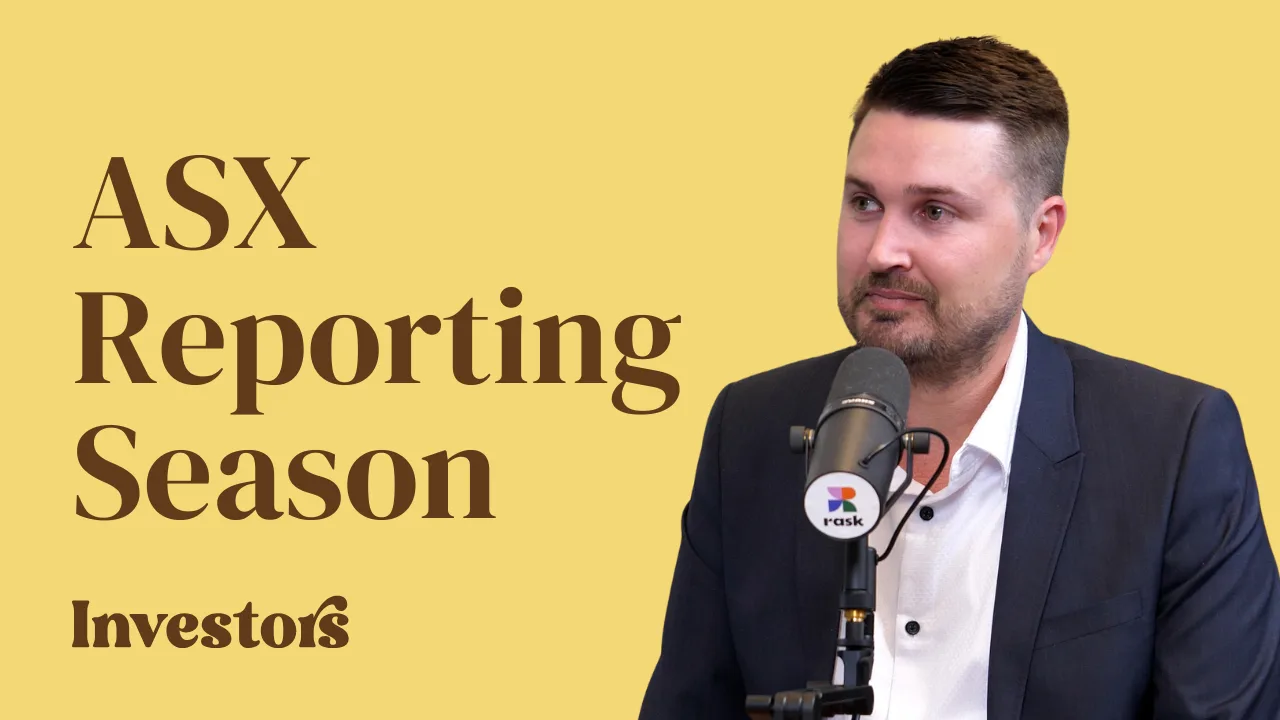Tim Lincoln is the co-founder of Lincoln Indicators, a funds management business and owner of Stock Doctor. Tim Lincoln recently sat down with Owen Rask on The Australian Investors Podcast to talk about the origins of the Stock Doctor ‘financial health’ model, which is based on PhD research from over 30 years ago and refined over decades.
This is a great conversation for anyone who understands the application and limitation of quantitative-based rules and data science in investing. You can use data to inform, screen and refine companies, but can you use it as a complete solution to ASX investing?
Psst. You can join Stock Doctor for 42% off before June 30th, by clicking here. Not a referral link. Just good savings. OR get a free 14-day trial.
About Tim Lincoln

Tim is one of Australia’s most experienced financial professionals, helping to empower self-directed investors for over three decades.
Tim co-founded Lincoln Indicators in 1991, teaming up with his father Dr. Merv Lincoln to computerise and commercialise Dr. Lincoln’s PhD thesis, ‘The Usefulness of Accounting Ratios to Describe Levels of Insolvency Risk’. Their vision was to create software solutions that via the analysis of financial accounts, would calculate the Financial Health of stock exchange listed companies.
In 2021, Tim was appointed as a Director of the Carlton Football Club (but we won’t hold that against him). Tim joins the Carlton board to collaboratively guide the Club to create competitive advantages by applying his data analysis expertise to significantly enhance decision making processes and improve the probability of successful outcomes, provide meaningful insights and introduce strong accountability metrics.
Tim is a dedicated family man and philanthropist who lives by a very strong set of personal values.
Tim Lincoln podcast talking points
What is your first memory of money, finance or investing? When and where did your passion for finance and investing catch on?
You straddle the individual investor and funds management universes, given your founding of Lincoln Indicators, which offers both Stock Doctor and funds management. Taking them one at a time, can I ask you to present the pros and cons for each type of investing. For example, what might be the 2-3 key advantages an individual investor has over a professional? Conversely, what advantages does a professional have over self-directed investors?
Going one step further, what can people do to ensure they maximise the benefits of both types of investing? For example, how can they harness the advantages of being nimble as an individual stock investor?
Since Covid, markets have been very volatile. A bull market into a pandemic, a flash crash, a vicious recovery and a very bumpy 2022. While you have been in investing for decades, I’m a believer that the key to successful investing is an insatiable curiosity. I’m curious what you have learned about investing over the past few years in particular?
I heard somewhere that Stock Doctor has something like 80%+ retention. And it’s a premium service. Coming from a newsletter background, I know this doesn’t just happen. What is it that keeps people using Stock Doctor in particular?
If I forced you to pick a number, how much of successful investing are numbers driven versus qualitative factors? (Of course, it’s not this straight forward but I’m trying to unearth how you think about qual versus quant, and what to do with them). Talking through your investment process page, in detail from universe to qual, would be great, and maybe how it resulted in finding small caps (where most quant models don’t work well) like REA, PME, COH, CSL, etc.
How do you think about harnessing an investment edge when using data, especially against a backdrop of things like machine learning and sophisticated language models. Can investors continue to generate outperformance against the rise of sophisticated quant models?
Where do investors go wrong with valuation and modelling?
And more!







